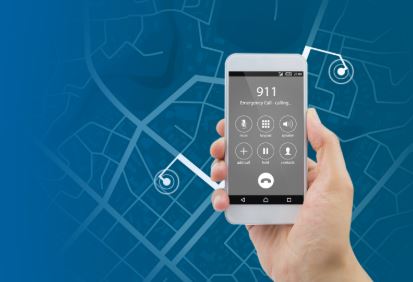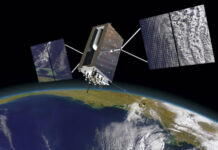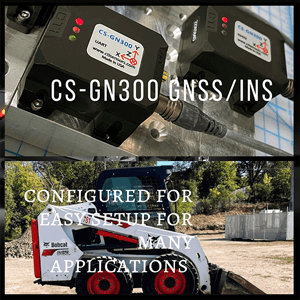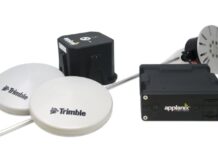The Federal Communications Commission (FCC) is taking steps to improve the accuracy of location information for 911 calls, particularly those made from inside buildings, a move that will affect wireless carriers and create new opportunities for technology companies. The FCC’s efforts, which were proposed last week and centered on Next Generation 911 (NG911), is a call for upgrading the nation’s emergency call systems to use internet-based technology.
Comments are due on or before June 6, 2025, and reply comments are due on or before July 7, 2025, the agency said.
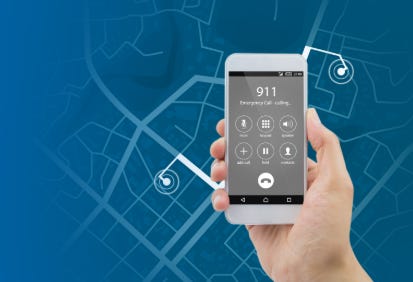
NG911 aims to replace the current analog-based systems, which can struggle to pinpoint the precise location of callers, especially in multi-story structures. According to the FCC, this upgrade is crucial for enabling faster and more effective responses to emergencies. The transition to NG911 involves a complex overhaul of the existing infrastructure, with the goal of providing more accurate and detailed information to 911 call centers.
The FCC is proposing rules to enhance location accuracy, interoperability, and resiliency, including augmenting GPS with alternative positioning, navigation, and timing technologies, according to an FCC report. This initiative is expected to drive innovation and create opportunities for companies specializing in indoor mapping, location services, and related technologies. Brian Fontes, the CEO of NENA, the National Emergency Number Association, told GovTech that there will be “a competition among them to meet the new standards.”
For wireless carriers, these changes will require significant investment and upgrades to their networks. The FCC is pushing carriers to provide more precise address-level information, such as street addresses plus room or apartment numbers. This may involve deploying new technologies and improving data management systems. The rules could also lead to increased collaboration between carriers and public safety agencies, as well as technology vendors.
The push for more accurate indoor location data has significant implications for public safety. As the FCC states, “Better location information from the outset of a 911 call translates to time saved during a response, and that time saved translates to lives saved.”


